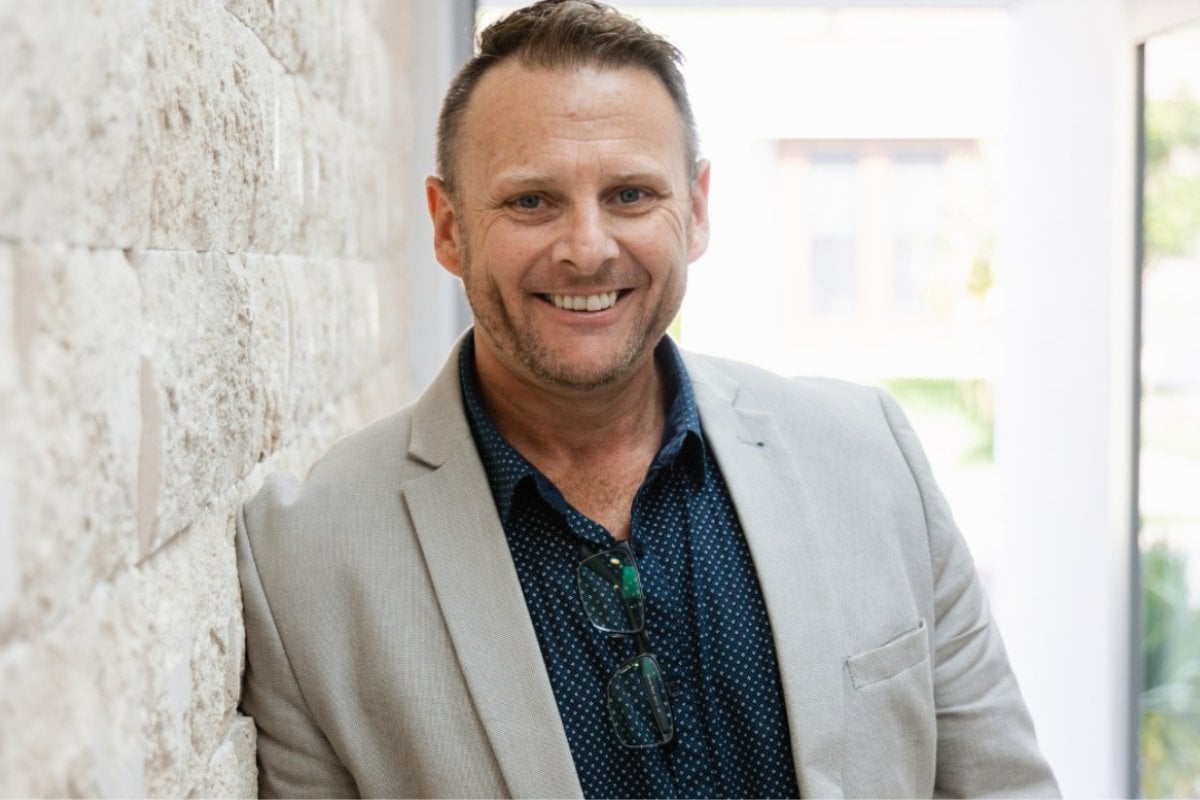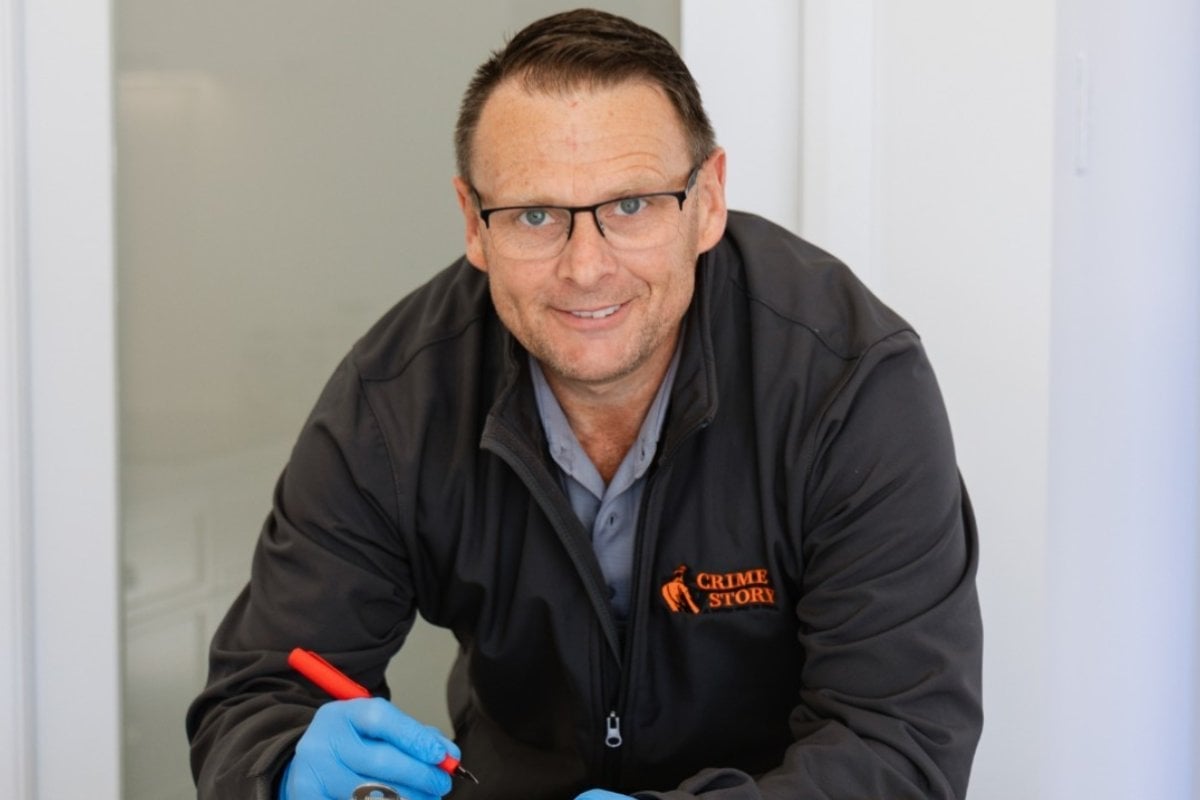
Being a detective, you see the worst of the worst.
From domestic violence to murder, gun violence, sexual assaults, drug-related crime, abuse against children, former detective Luke Taylor has sadly seen it all.
There are some cases that will stay with him forever.
"You try to focus on solving the case when on the job, but the victims and what they've been through always leave a mark," Taylor told Mamamia. "It was heavy work."
Watch: Luke Taylor shares his story with Mamamia. Post continues below.
With a love for the TV show NYPD Blue, Taylor decided at an early age that detective work looked fascinating.
His first day on the job as a detective was in Cabramatta, in Sydney's south west. At the time "nobody wanted to go there" — that month alone there had been 53 shootings and stabbings in the area. There was a high level of gang-related violence and heroin use.
Taylor saw it as an opportunity.
Within a couple of days, he was being tasked with murder investigations. Later, he began working in sexual assault and domestic violence cases, as well as specialising as a Child Protection Sex Crimes Squad officer.
"With every single domestic violence case we saw there was not one that didn't involve alcohol or substance abuse of some kind among the perpetrators," Taylor told Mamamia. "There are cases that stuck with me, particularly horrible ones. There was one where a man poured petrol on his wife and set her alight.





























































































